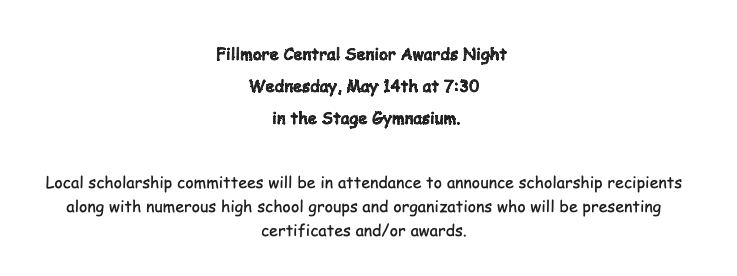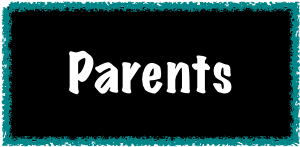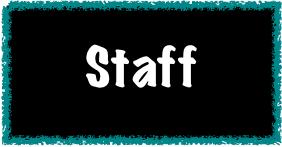
"Tough people do the next right thing.
Guys, when they mess up, they have to do the next right thing."
Champions don’t dwell on the last mistake—
they dominate the next decision.
Meet the 2025 PB Boys All-Area Wrestling Team. It was another banner year for SE Minnesota. Three state champs, 7 state runner-up and plenty of state placewinners.
36-63 Falcon BBB falls to Southland. Great effort all game and all season. Congratulations Seniors on a great career!
2025 Minnesota State HIgh School League Wrestling State Tournament Video
What a tournament!
@dollamur
@KnobelsdorffEI
@PFDairy
@ChannelSeed
@MNUSAW
@mnguillotine
activities Calendar
Teachers on Call
Our school has partnered with Teachers on Call to fill our Substitute Teacher and Paraprofessional positions. Click for more information.
Learn MoreCall to action
Address
District Office:
P.O. Box 50
700 Chatfield St. Preston, MN 55965
Phone: (507)765-3845
Fax: (507)765-3636
High School:
P.O. Box 599
145 Main Ave. S Harmony, MN 55939
Phone: (507)886-6464 or (507)765-3809
Fax: (507)765-3636
Elementary:
P.O. Box 50
702 Chatfield St. Preston, MN 55965
Phone: (507)765-3809 or (507) 886-6464
Fax: (507)765-3636
Our Community
Please click on the links below to visit our communities websites.







